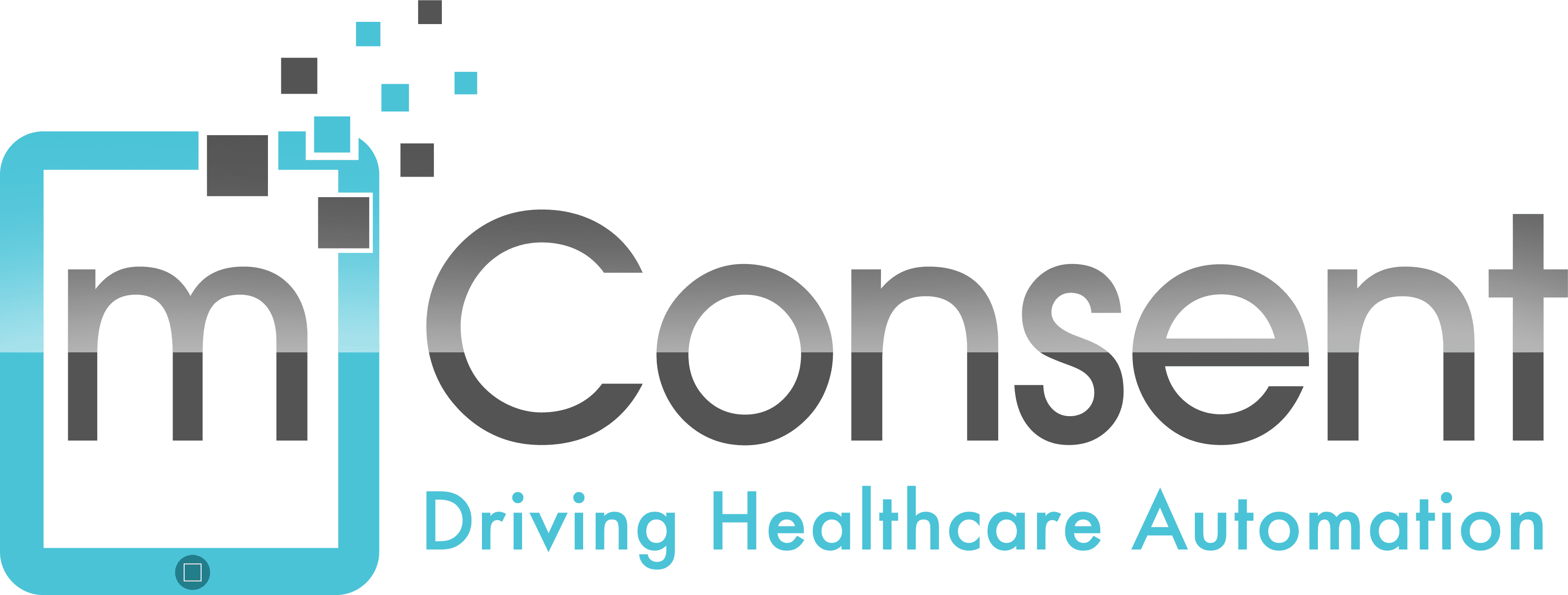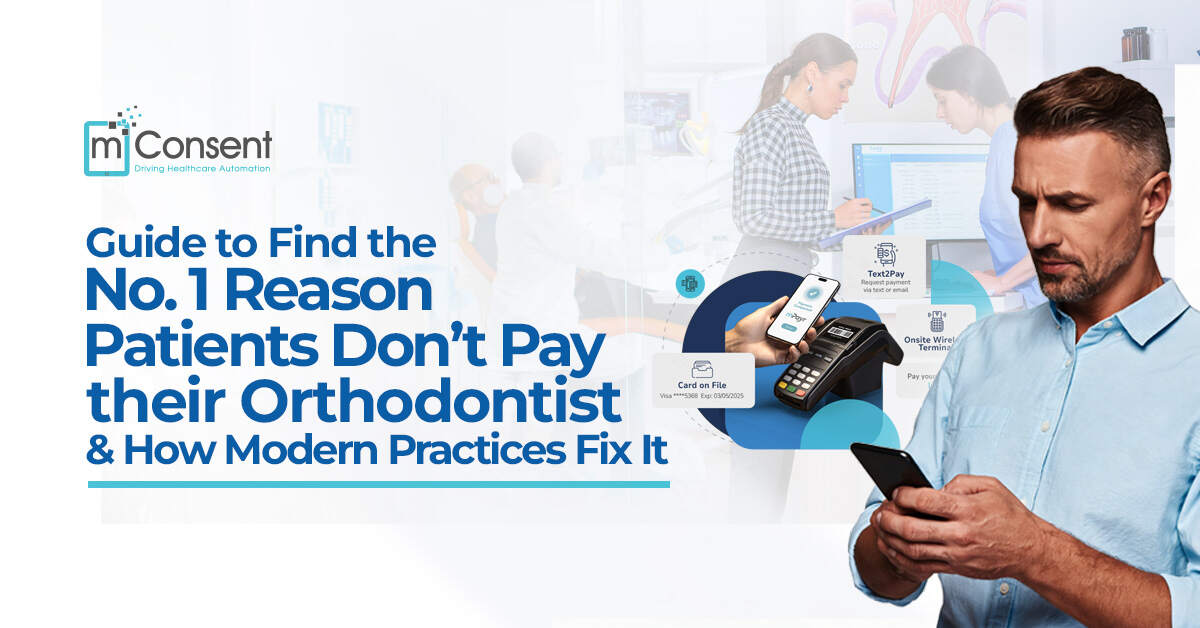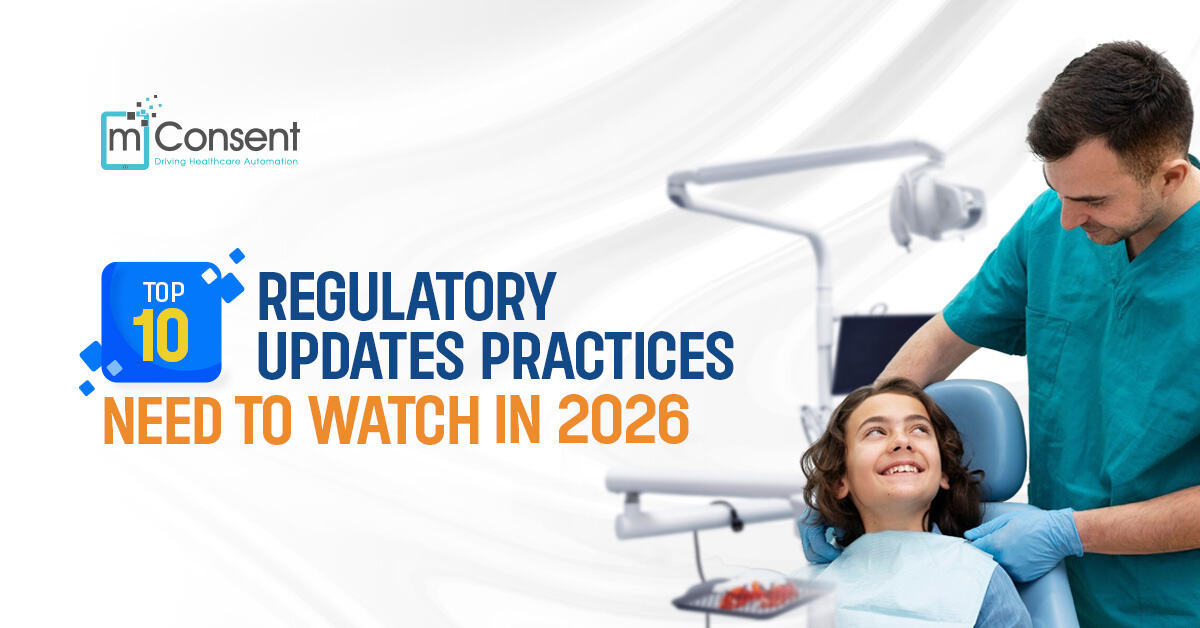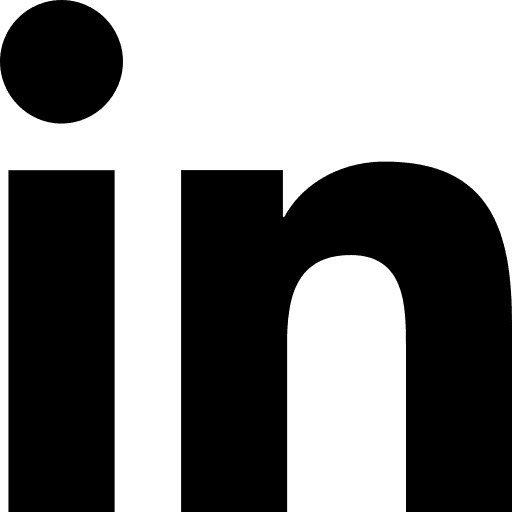In today's fast-paced world, we get reminders for nearly everything—bill payment, a meeting, or even a dentist appointment.
But Have you ever received one of those standard, impersonal appointment reminders that just said, "Reminder: Your dental appointment is tomorrow at 10 AM"? It's easy to ignore, right?
While appointment reminders assist in reducing no-shows and raising general patient involvement, generic, one-size-fits-all communications are insufficient. Stronger patient connections and reliable attendance at scheduled visits depend on personalizing. This blog will examine how changing appointment reminders could increase patient involvement, satisfaction, and retention.
The Patient Communication Gap: Why Standard Reminders Fail
Imagine you just planned your next dentist visit, and a few days later, you get a generic text message or email reminding you, "Your dental appointment is tomorrow at 10 AM." The message is succinctly clear and unforgettable. How often do you validate your appointment and deal with the alert? Better still, remember it at all.
These objective reminders are simple for many patients to overlook as they lack relevance or appeal. They neither establish a link between the patient and the practice. Lack of personalization sometimes results in missed appointments, unhappy employees, and decreased patient satisfaction. Who wants to feel, after all, like another number in the system?
Generic reminders fail to foster the familiarity and confidence required for enduring relationships. Beginning with how practices interact, patients must feel as though their healthcare practitioners value their requirements. Customizing appointment reminders helps close this communication gap and guarantees patients remain involved and committed.
The Power of Personalization – Why It Matters
Customized messaging is a successful approach to raising patient involvement and is not only a trend. Customizing reminders has the main advantage: patients respond considerably more likely when they feel individually addressed. Personalized appointment reminders have great power since they:
Higher Response Rates
Patients are more inclined to interact with a message if it seems more intimate. For example, a reminder covering the patient's name and pertinent information on their appointment is more interesting and raises the likelihood of a timely confirmation. The more likely the patient will interact, the more relevant and personalized the information is.
Improved Patient Satisfaction
Patients want to feel valued and appreciated, and one way to show them that you care is by sending customized reminders. When you use their name, mention their dentist's name, and even reference the purpose of their visit, they'll appreciate the effort you put into making them feel special. This level of care and attention to detail boosts overall satisfaction, which can translate into positive reviews and long-term loyalty.
Stronger Trust in the Dental Practice
Personalized communication fosters a sense of trust. When patients receive reminders tailored to them—such as the name of the dentist they'll see or even the specific service they'll be receiving—it builds a stronger connection to the practice. They're more likely to trust you because you've shown that you care enough to make their experience more personal.
Ways to Customize Appointment Reminders for Better Engagement
Now that we understand why personalization matters, let's dive into practical ways to customize appointment reminders to boost engagement and reduce no-shows.
Personalizing Patient Details
The simplest form of customization is using the patient's name in your reminder messages. A message like, "Hi [Name], your dental cleaning is scheduled for tomorrow at 10 AM" feels more personal and friendly than the standard reminder. Additionally, you can take it a step further by mentioning the dentist's name or the office location. For example:
"Hi [Name], Dr. Smith is looking forward to seeing you for your cleaning tomorrow at 10 AM at [Office Name]."
This makes the reminder feel more relevant and specific, encouraging the patient to act.
Choosing the Right Communication Channel
Not all patients prefer the same method of communication. Some may prefer a quick text message, while others prefer an email or even a phone call. Offering different channels for appointment reminders allows patients to receive notifications in the way they feel most comfortable.
mConsent's multi-channel reminder system ensures that your practice can reach patients through SMS, email, or even phone, depending on their preferences. This tailored approach increases the chances of your patients receiving and responding to the reminder, whether on the go or sitting at their desks.
Timing Matters – Sending Reminders at the Right Moment
Timing is crucial when it comes to appointment reminders. Sending a reminder a week before the appointment gives patients plenty of time to prepare, but it might be too far out for some people to commit fully. A reminder sent a day before can provide that final nudge, while a message sent just a few hours before the appointment is often the most effective at reducing last-minute cancellations.
Best practices for timing include:
- One week before the appointment: A gentle reminder to ensure patients have the appointment on their radar.
- One day before the appointment: A final reminder to confirm attendance and reduce no-shows.
- A few hours before the appointment: A quick nudge that's proven to increase the likelihood of show-ups.
However, it is important to strike the right balance. Over-reminding patients can lead to message fatigue, where they tune out your reminders altogether. Be mindful of the frequency and tone of your messages.
Adding a Friendly & Conversational Tone
Instead of sending a robotic, impersonal reminder like:
"Reminder: Appointment on 10/10 at 10 AM,"
Try something more friendly and conversational, such as:
"Hey [Name], we're excited to see you for your cleaning tomorrow at 10 AM! Need to reschedule? Let us know!"
A warm, conversational tone feels more personal and makes patients feel more comfortable reaching out if they need to reschedule or ask questions. It's an invitation to engage, which can help you reduce cancellations and increase patient loyalty.
Two-Way Communication for Convenience
Allowing patients to easily confirm, reschedule, or ask questions instantly is a powerful way to increase engagement. With mConsent's interactive reminders, patients can reply directly to the reminder to confirm their appointment or reschedule if needed. This two-way communication creates a smoother experience for the patient and reduces unnecessary back-and-forth between the practice and the patient. It also empowers patients to take control of their appointments in a way that feels effortless.
Final Thoughts – Elevate Your Patient Experience with Smart Reminders
Customizing appointment reminders isn't just about improving communication—it's about enhancing the overall patient experience. By personalizing your reminders, you show patients that you care about them as individuals. This not only increases engagement but also strengthens the relationship between your practice and your patients.
Ultimately, personalized communication builds trust, improves satisfaction, and reduces no-shows. Investing in smarter, more tailored reminder systems sets your practice up for long-term success.
Ready to enhance patient engagement? Try mConsent's customizable appointment reminders today and see how personalized communication can transform your practice and boost patient satisfaction!
By tailoring your appointment reminders to each patient's preferences, you're reducing administrative headaches and building stronger connections with your patients. The result? A practice that's not only more efficient but also more patient-centric, leading to higher satisfaction, better outcomes, and a thriving patient base.
FAQs
Why is customizing appointment reminders important for dental practices?
Customization makes reminders more relevant and personal to each patient, significantly increasing the likelihood of them seeing, reading, and acting on the message, which boosts engagement and reduces no-shows.
What kind of information can be customized in an appointment reminder?
You can customize details like the patient's name, the specific service (e.g., "dental cleaning," "root canal consultation"), the provider's name, specific preparation instructions, and direct links for confirmation or rescheduling.
Can I customize reminders based on the type of appointment?
Yes, a good system allows you to create different templates for different appointment types (e.g., new patient exam vs. follow-up vs. hygiene), ensuring relevant instructions are always included.
How does customizing messages help with patient education?
Custom reminders can include links to specific pre-visit information, educational videos related to their procedure, or post-care instructions, empowering patients with relevant knowledge before and after their visit.
""

![HIPAA Release Form – All you Need to Know [Instant Download]](https://mconsent.net/wp-content/uploads/2021/09/HIPAA-Release-Form-All-you-Need-to-Know-Free-Release-Form.jpg)















